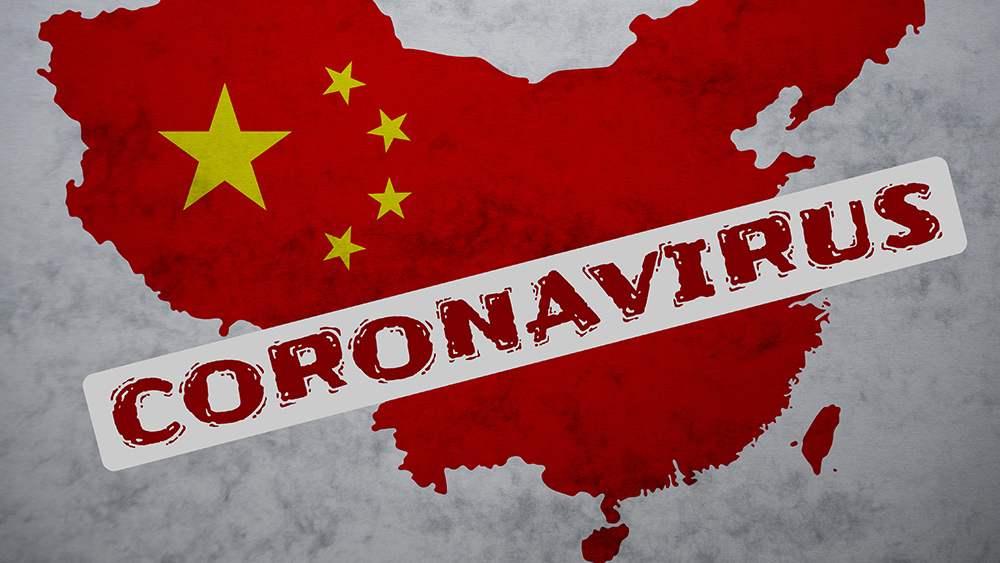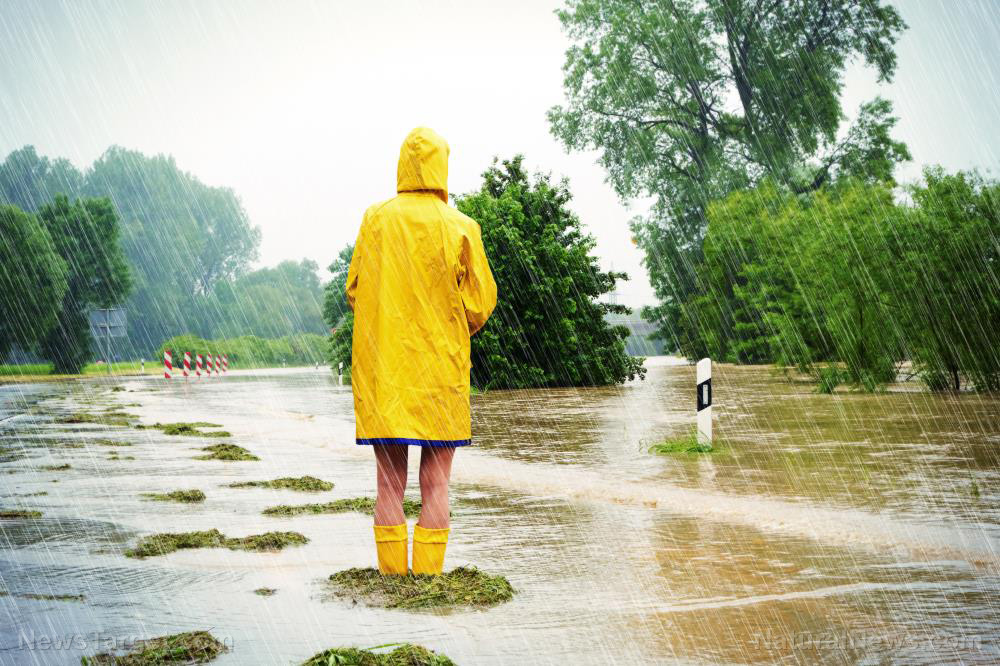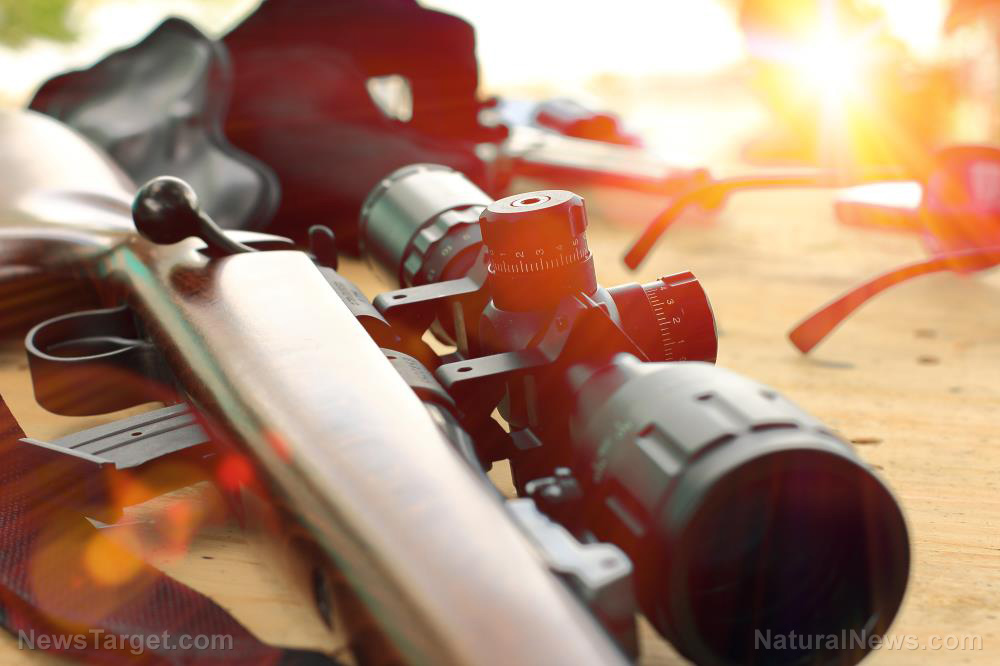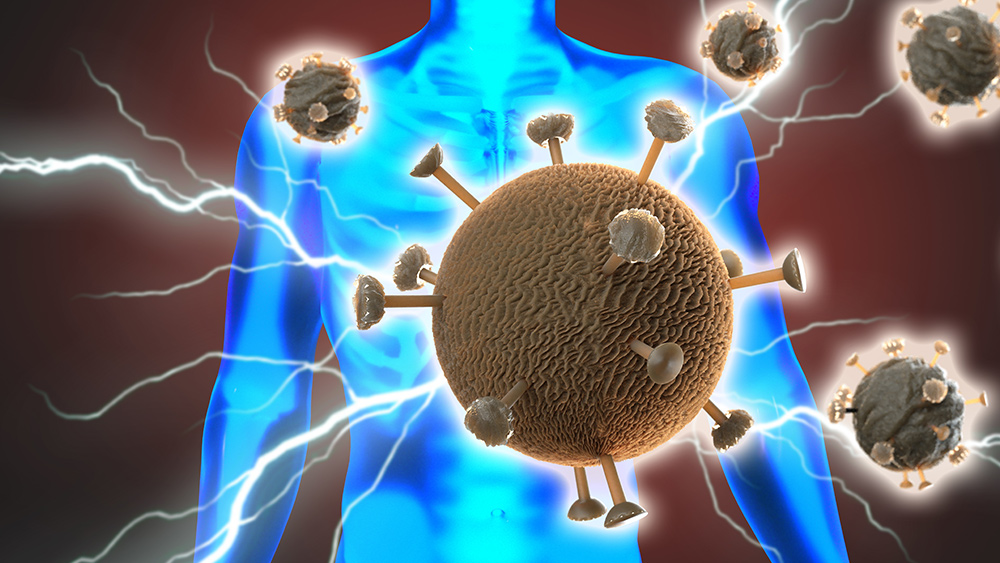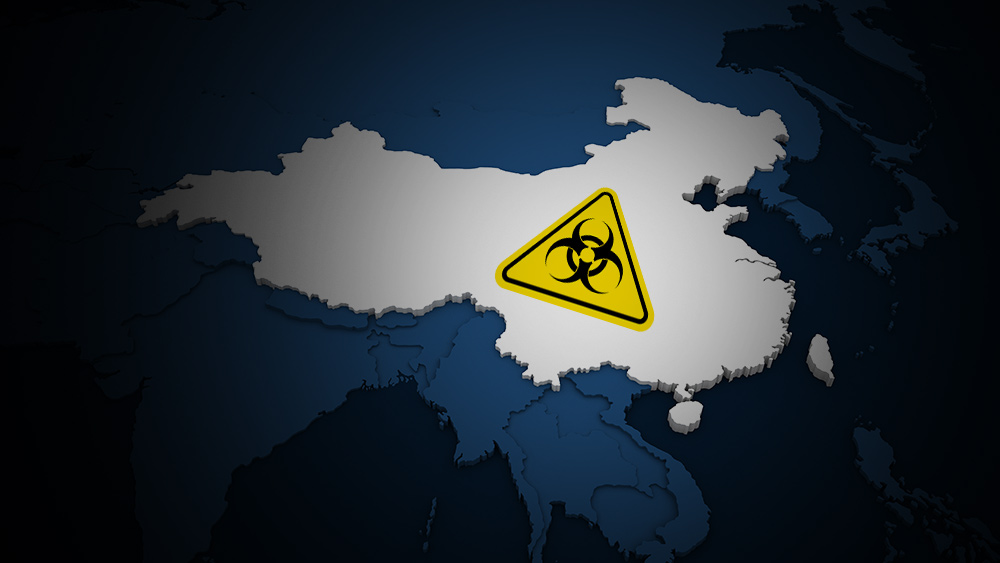Self-defense basics: 4 Tips that will improve your situational awareness
02/08/2020 / By Darnel Fernandez

Any experienced survivalist would tell you that keeping yourself alive when SHTF requires much more than just physical strength and survival skills. The truth is, if you aren’t generally aware of the situation unfolding before you, the chances of surviving potentially dangerous scenarios can be very slim. This is why improving situational awareness is important to help develop a hardened survival mindset that can get you through the toughest of situations. (h/t to SHTFPlan.com)
What is situational awareness?
Situational awareness means being aware of what’s happening around you in terms of where you are, where you’re supposed to be and whether anyone or anything around you is a threat to your health and safety. The concept may sound simple and easy to maintain in principle, but in reality, it requires quite a bit of practice. While situational awareness is often drilled into soldiers and law-enforcement officers, it is also an important skill for civilians to learn. In a dangerous situation, being highly aware of the threats around you for even a few seconds earlier than anyone else can help keep yourself and the people around you safe.
You can easily cultivate your own situational awareness by keeping tabs on your surroundings – like “checking your six” often, as the military would say. However, situational awareness is surprisingly easy to lose if you’re inconsistent. Creating your own habits and changing how you behave in certain situations can help you keep aware at all times, even in high-stress situations. (Related: Prepping 101: What is situational awareness and why is it crucial for your personal safety?)
Keep an eye on environmental elements
Certain elements in your immediate environment can be significantly more threatening than others – all you need is to pinpoint and differentiate which ones are threatening and which ones are not. Basic level of situational awareness involves being able to monitor and recognize multiple elements at the same time. These include people, objects and even events. Even if they aren’t particularly threatening, you should make it a habit to observe things around you while going about your daily routine.
Put trust in your gut
Have you ever had a hunch that something was wrong even if there wasn’t anything happening in your immediate area? This insight is called by many names, but most just call it “gut instinct.” This perceptive insight refers to a much deeper level of consciousness that allows you to sense something that may not be immediately evident. This is an essential tool for everyday life scenarios and even survival situations.
Animals are largely driven by instinct and make good use of it to keep themselves safe from any threat or disaster. Humans may not have sharp teeth and claws, strong jaws or even raw brute strength as some animals do, but humans have much larger brains – and this trait helps a person make sound decisions that can keep himself safe.
For example, if you decide to go to the grocery store and you feel a strange urge to stay home instead because something bad might happen, the best course of action would be to trust your instincts and wait it out inside your home until you’re sure it’s safe to leave.
Get enough rest
Being sleep-deprived can significantly hinder your ability to correctly assess your surroundings. Fatigue alone can cripple your cognitive processing, making it much more difficult to make the appropriate responses to certain situations. According to the CDC, about one in three American adults do not get enough sleep on a regular basis. You should consider healthy lifestyle choices and make it a habit to get a good night’s sleep to steel your mind and keep it in tip-top shape.
Keep challenging yourself
One challenge you can do to keep your mind steeled for any situation is by taking a mental note of how long things have been going on. Even if the things you observe are mundane such as your neighbor’s home renovations, keeping track of the duration of certain events can significantly enhance your situational awareness and keep your mind sharp for when you actually need to make use of the skill. If things start to seem “off,” it might signify something happening – either for better or for worse.
While these don’t cover every way to improve situational awareness, these four tips are a good starting point if you’re willing to improve your survival skills.
Sources include:
Tagged Under: alertness, awareness, bug out, Disasters, emergencies, off grid, panic, personal safety, preparedness, prepping, self-defense, SHTF, situational awareness, survival, survival skills, Survival Tips, survivalist
RECENT NEWS & ARTICLES
COPYRIGHT © 2018 PANIC.NEWS
All content posted on this site is protected under Free Speech. Panic.news is not responsible for content written by contributing authors. The information on this site is provided for educational and entertainment purposes only. It is not intended as a substitute for professional advice of any kind. Panic.news assumes no responsibility for the use or misuse of this material. All trademarks, registered trademarks and service marks mentioned on this site are the property of their respective owners.

